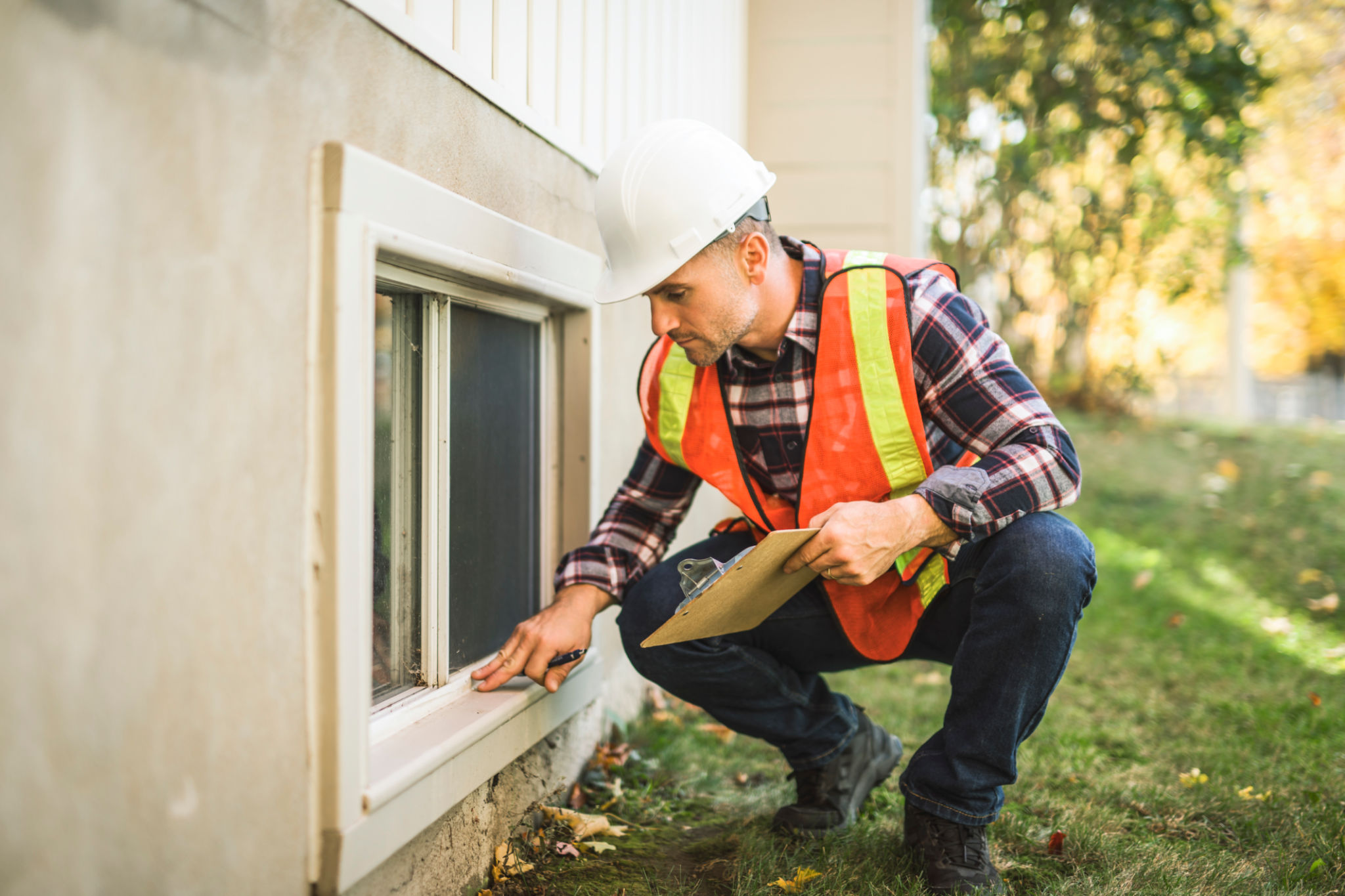Myths About Property Valuation Debunked: What Every Homeowner Should Know
Understanding Property Valuation
For many homeowners, the process of property valuation can seem mysterious and opaque. Often, misconceptions and myths cloud the understanding of how properties are assessed. Demystifying these myths is crucial for homeowners to make informed decisions about their property investments.
Property valuation is a professional assessment of a property's market value at a given point in time. It plays a vital role in various scenarios, from selling a house to refinancing a mortgage. However, several myths persist about how valuations are conducted and what factors influence them.

Myth 1: Home Improvements Always Increase Value
While it's true that certain home improvements can boost a property's value, not all renovations guarantee a high return on investment. For example, a luxury kitchen remodel may not recoup its costs if the property is in a neighborhood where such features are uncommon. It's essential to consider local market trends and demand before embarking on major renovations.
Some improvements, like adding energy-efficient windows or enhancing curb appeal with landscaping, can be more universally appealing and have a better chance of increasing property value. Homeowners should prioritize upgrades that align with the expectations of potential buyers in their area.
Myth 2: Property Value Equals Replacement Cost
Another common misconception is that a property's value is equivalent to the cost of rebuilding it from scratch. In reality, property valuation considers several other factors, such as location, market demand, and comparable property sales. These elements can significantly alter the assessed value, regardless of the actual replacement cost.

Replacement cost might be a factor in insurance assessments but is not directly correlated with market value. Homeowners should understand that location and market conditions often play a more prominent role in determining a property's worth.
Myth 3: The Assessed Value Is the Market Value
The assessed value of a property is often used to calculate property taxes, but it doesn't always reflect the current market value. Assessed values are typically updated on an annual basis and may not account for recent changes in the real estate market. As a result, there could be a significant difference between the assessed value and what a buyer is willing to pay.
Homeowners should consult with a professional appraiser or real estate agent to get a more accurate picture of their property's market value. This can help in making informed decisions about selling or refinancing.

Myth 4: Property Values Always Appreciate
While real estate is often seen as a solid investment, it's important to note that property values can fluctuate based on market conditions. Economic downturns, changes in interest rates, and shifts in neighborhood desirability can all impact property values. It's crucial for homeowners to stay informed about local market trends and not assume that their property will always appreciate.
Real estate markets can be unpredictable, and external factors such as new developments or changes in zoning laws can also affect property values. Homeowners should approach property investments with a long-term perspective, understanding that short-term fluctuations are possible.
Conclusion
Understanding the realities of property valuation can empower homeowners to make smarter decisions regarding their real estate investments. By debunking common myths and gaining a clearer perspective on what truly influences property value, homeowners can better navigate the complexities of the housing market.
Ultimately, staying informed and consulting with professionals can help homeowners maximize their property's potential and avoid costly mistakes based on misconceptions.
